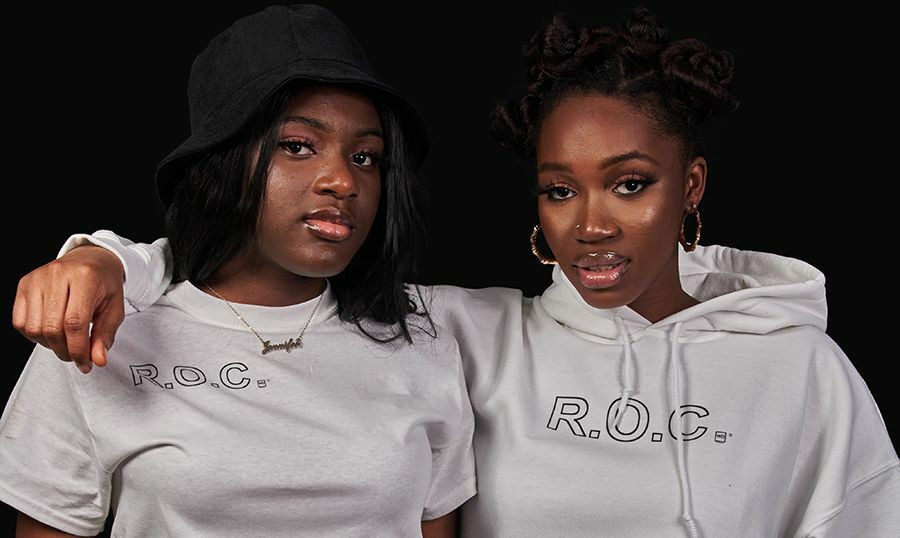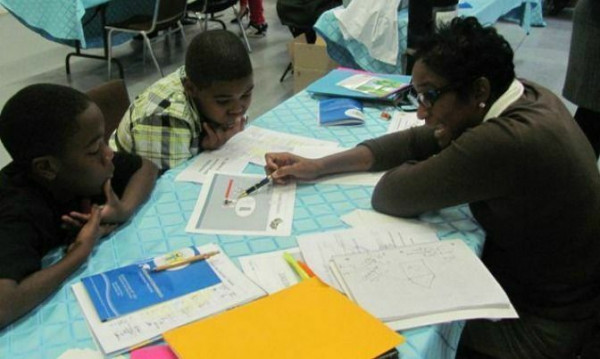However, this is the reality for many university students.
Laughter Afolabi, an engineering student at Memorial University of Newfoundland and Labrador, is one of these students. She observed that even though she and her peers worked part-time, there was still an expectation to take part in extracurricular activities or volunteer in her school.
But after a long day of studies and work, they simply had no energy for anything else. To offer a solution to this problem, student lifestyle brand WeDefined was born. On the surface, WeDefined might seem like just another streetwear brand, but it is far from just that.
“I decided to find a way where we could, first of all, express these frustrations, but also generate passive income for students,” says Afolabi. “The whole brand is about allowing students to be students completely, and to fully engage with their society without stress.”
WeDefined: A Student Lifestyle Brand
Every semester or so, the brand holds a competition that allows post-secondary students to voice their opinions and experiences of student life through artistic designs. The finalist’s designs are featured on streetwear like hooded sweatshirts and t-shirts. They earn an income whenever a product featuring their design gets sold. The business side of this includes production, marketing and sales, which gets taken care of by the dedicated WeDefined team of four; Ovo Jatto, Conquest Paul-Eboigbe, Taofeek Rabiu and Angel Amadi, who are all students at Memorial University.
Afolabi chose streetwear as WeDefined’s main product because she wanted it to be something everyone, no matter their shape or size, could use.
“I realized with clothing, it’s easier to market because everyone is going to wear clothes,” says Afolabi. “I was looking for a way to make the design competition a bit simpler for students, and it was also the cheapest way to ensure the highest amount of profit is given to the student designers.”

Since starting the brand in early March of this year, gaining major profit for herself has not been Afolabi’s top priority. Her focus has been on empowering students so that they can experience the fulfilling student life that they deserve.
“Our entire brand is built on helping others and is not necessarily a ‘profit for the founder’ kind of company,” says Afolabi. “It is a ‘profit for anyone willing to participate’ kind of company where we’re creating a community where students can come and laugh about shared frustrations and experiences.”
Coming from Nigeria, Afolabi never imagined that she’d be a founder of her own business. She decided to study engineering because she has always had an interest in creating solutions to people’s problems. It's perhaps no surprise that she would naturally gravitate towards creating a business that offers a solution to struggling students.
Becoming a Black Entrepreneur
St. John’s, Newfoundland has seen a rise in Black-owned businesses in recent years, especially by young entrepreneurs. Being part of this rise is something Afolabi is very proud of.
“It feels good to be helping and promoting the St. John’s economy while helping people,” says Afolabi. “I think it’s the Canadian community as well because I don’t feel like if I was still at home with my parents I would have thought of doing something like this. But just stepping out and coming here, you realize how people are so helpful and you just want to contribute to that society.”
As for its future goals, WeDefined plans on expanding its products beyond clothing to give student designers a variety of products they can create designs for while giving customers a wide range of products they can buy.
It also aims to become a part of every post-secondary school across Canada to give other students a chance to earn their own passive income. In addition, Afolabi wants the same student community that is growing in St. John’s to start growing in other cities across the country.
“We kind of see ourselves as being part of some of the student unions, like a club or society where students can compete, come together, share and discuss in artistic ways,” says Afolabi.

 By
By 







